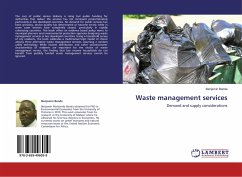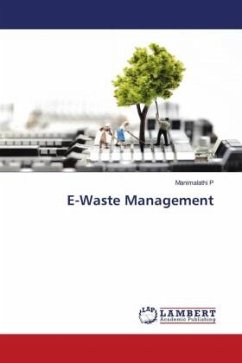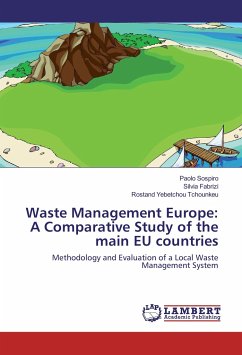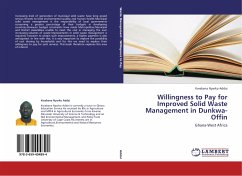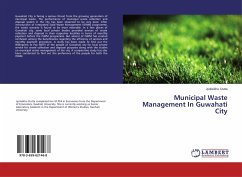The cost of public service delivery is rising but public funding for authorities that deliver the services has not increased proportionately particularly in less developed countries. Yet demand for public services has been growing, service quality has deteriorated or become erratic while in some cases services have completely ceased, particularly in rapidly urbanizing countries. This book offers an evidence based policy menu to municipal planners and environmental protection agencies designing waste management services in less developed countries. Using a household survey of city residents, the book calibrates a multinomial logit model of choice among three alternative waste management services, assuming a random utility technology. While income distribution and other socioeconomic characteristics of residents are important for the choice of waste management service, the finding that low income households do not benefit from publicly funded waste management services cannot be ignored.
Bitte wählen Sie Ihr Anliegen aus.
Rechnungen
Retourenschein anfordern
Bestellstatus
Storno

